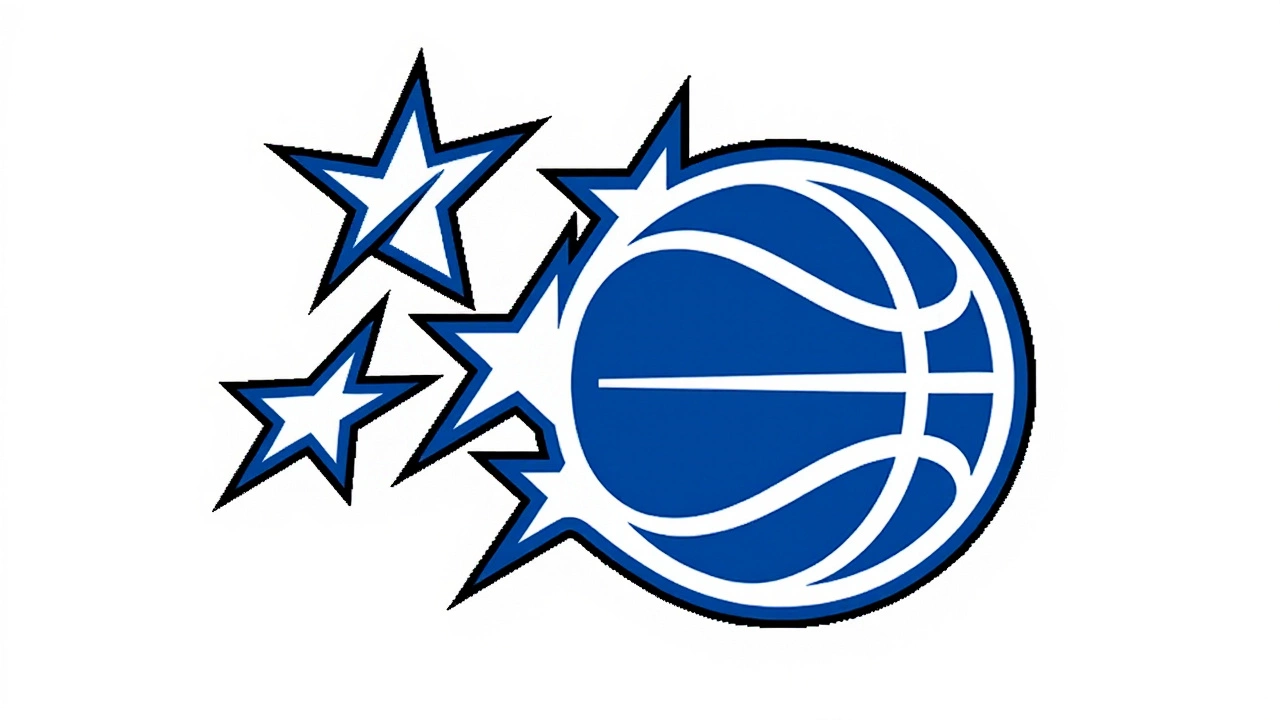When the Chicago Bulls turned the court in Orlando on October 25, 2025, they handed the Orlando Magic a 110‑98 loss that pushed Chicago to a 2‑0 start and left the Magic scrambling at 1‑2.
The game, part of the NBA 2025‑26 season openerOrlando, Florida, turned into a shooting showcase for Chicago's bench and a cold‑shooting nightmare for Orlando.
How the Bulls Got Rolling Early
Chicago opened with a 30‑29 edge after the first quarter, but it was the second quarter where the momentum shifted. A flurry of points from Josh Giddey, the Australian guard, who poured in 21 points and snagged eight rebounds, kept the Bulls ahead. "I just try to stay aggressive and trust my teammates," Giddey said after the game.
Jalen Smith, the forward/center who came off the bench, added 16 points, including a key jumper that snapped a Magic run. The Bulls' bench four‑handed it to double figures, underscoring depth that many analysts didn’t expect after the off‑season moves.
Magic’s Shooting Woes: A 3‑Point Freezer
Orlando’s biggest embarrassment was a dismal 3‑for‑24 performance from beyond the arc—just 12.5%. That percentage is among the poorest early‑season three‑point showings in NBA history.
Even Paolo Banchero, who posted a double‑double with 24 points and 10 rebounds, couldn’t shake the slump. He shot a meager 7‑for‑21 from the field, and the Magic’s overall field‑goal percentage settled at 39%.
"We just weren’t finding the rhythm," Magic point guard Anthony Black admitted. "When the ball isn’t leaving the hand cleanly, it’s hard to get the confidence back during a game."
Fourth‑Quarter Fireworks: Dosunmu’s Perfect Burst
The Bulls sealed the win in the final period. Ayo Dosunmu, the point guard, went 3‑for‑3 from three, all in the fourth quarter. "When I saw the opening, I just let it fly," Dosunmu said, smiling.
His hot hand prompted an immediate response from Jalen Smith, who knocked down a three right after Dosunmu’s fifth bucket. The Bulls surged to a 94‑85 lead, and the Magic never looked like they could recover.
Reactions From Both Camps
Coach Billy Donovan of Chicago praised his squad’s composure. "We executed the game plan, got contributions from every rotation piece, and stayed disciplined on defense," he told the post‑game press conference.
On the other side, Magic head coach Jamahl Mosley vowed to address the shooting slump. "We’ll review the film, tweak the offensive sets, and get those guys comfortable again. This is early, and we’ve got time to turn it around," Mosley asserted.
What This Means for the Early Season Landscape
Chicago’s 2‑0 start puts them near the top of the Eastern Conference, a promising sign after a turbulent off‑season that saw the Bulls trade for Giddey and Vucevic. The win also highlights the efficacy of a deep bench—four bench players scored in double figures, a rarity for a team still building chemistry.
Orlando’s 1‑2 record now puts them in the lower tier of the league, but the Magic still possess a talented core. If they can correct the three‑point shooting, they could still be a playoff contender.
Looking Ahead: Upcoming Matchups
Chicago’s next test comes at home against the Atlanta Hawks on October 27, 2025. The Bulls will aim to maintain their home‑court advantage and keep their offensive flow running.
Meanwhile, the Magic travel to Philadelphia the same night to face the 76ers. A warmer shooting night could restore confidence before the mid‑season stretch.
Historical Context: Shooting Slumps and Turnarounds
Teams that endure early‑season shooting freezes have historically rallied. The 2012‑13 Miami Heat, for instance, shot just 34% from three in their first two games but finished the season with a league‑best 40% three‑point rate.
Chicago’s coaching staff, familiar with such patterns, appears poised to make adjustments. Conversely, the Magic’s front office has shown patience with similar droughts, as seen during the 2019‑20 season when they improved their three‑point shooting by 8% after a tough start.
Frequently Asked Questions
How does the Bulls' bench scoring affect their chances this season?
Having four bench players in double figures gives Chicago flexibility. It means the starters can rest without a dip in production, which is crucial during the grueling 82‑game schedule. Depth also helps mitigate injuries, a common concern early in the season.
What led to the Magic's historically poor three‑point shooting?
The Magic shot just 12.5% (3‑for‑24) from three, a result of tight defense, poor shot selection, and a lack of rhythm. Their primary ball‑handlers, Banchero and Black, struggled to find open looks, forcing contested attempts that rarely stuck.
Which upcoming games could shift the momentum for either team?
Chicago’s matchup against the Atlanta Hawks on Oct. 27 offers a chance to solidify a winning streak at home. For Orlando, the visit to the Philadelphia 76ers the same night is a litmus test—improved shooting could spark a bounce‑back and keep playoff hopes alive.
How does this game compare to other early‑season performances this year?
Few teams have managed a double‑digit win while limiting an opponent to sub‑40% shooting, making Chicago’s 110‑98 victory stand out. Conversely, Orlando’s 12.5% three‑point rate ranks among the lowest in the league’s opening week.
What adjustments might the Magic make to improve their shooting?
Coach Mosley is likely to emphasize ball‑movement and spacing, encouraging catch‑and‑shoot opportunities. Increased use of off‑ball screens could free up shooters, while a focus on high‑percentage mid‑range shots might rebuild confidence before returning to the perimeter.
